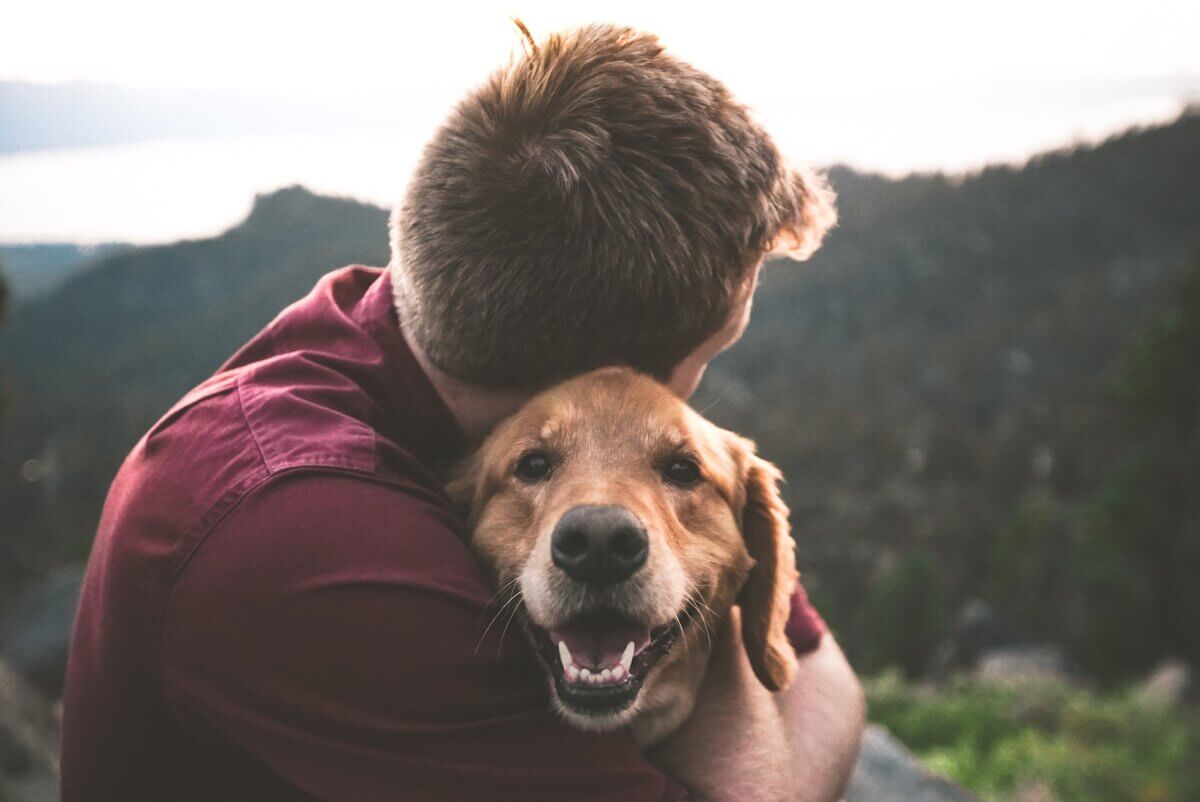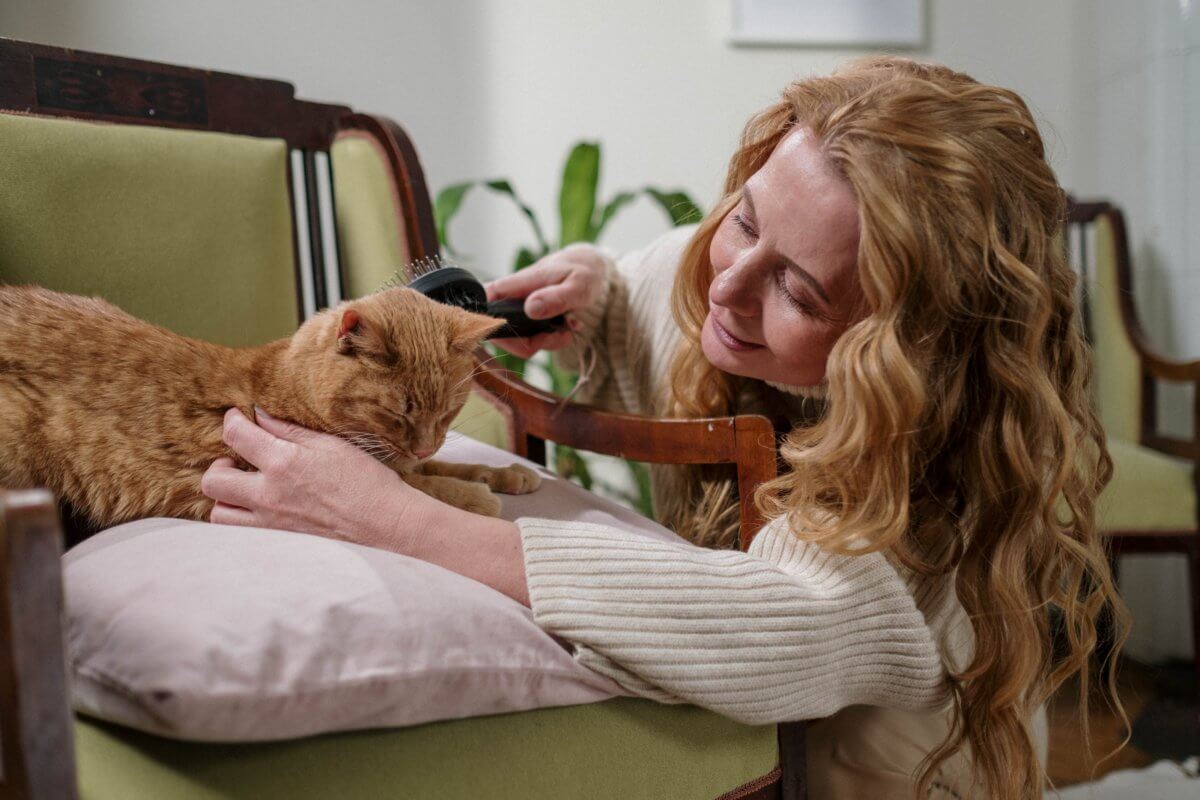
A man hugging his golden retriever (Photo by Eric Ward on Unsplash)
COPENHAGEN, Denmark — Dogs and cats may be passing antibiotic-resistant “superbugs” to their owners, a new study warns. Researchers discovered one pet in the United Kingdom and six from Portugal were carrying similar antibiotic-resistant bacteria as their owners. These could include E. coli and other strains linked to pneumonia.
The team is calling for animal-loving households to be part of health programs which work to counter the spread of antimicrobial resistance. Currently the spread of these germs is reaching dangerously high levels across the world.
Drug-resistant infections kill around 700,000 a year globally, a number that estimates project will rise to 10 million by 2050 without a proper defense. Dogs, cats, and other pets are already known to contribute to the spread of antibiotic-resistant pathogens that can cause human disease. Until now, however, it was unclear whether infected pets were actually sharing the pathogens with their owners.
Study authors tested stool samples from dogs, cats, and their owners for common-antibiotic-resistant Enterobacterales, which include E. coli and Klebsiella pneumoniae. Experts particularly focused on bacteria resistant to antibiotics which the World Health Organization (WHO) deem “the most critically important” for human medicine. These include antibiotics which treat meningitis, pneumonia, and sepsis — known as third-generation cephalosporins. Additionally, they searched for bacteria resistant to carbapenems, used as a last line of defense when all the other drugs have failed.
“In this study, we provide evidence that bacteria resistant to a third generation cephalosporins, critically important antibiotics, are being passed from pets to their owners,” says Juliana Menezes Menezes, a University of Lisbon PhD student, in a media release.
“Dogs and cats may aid the spread and persistence of such bacteria in the community and it is vitally important that they are included in assessments of antimicrobial resistance.”
“Owners can reduce the spread of multidrug-resistant bacteria by practicing good hygiene, including washing their hands after collecting their dog or cat’s waste and even after petting them.”

In total, researchers studied five cats, 38 dogs, and 78 humans from 43 households in Portugal. From the U.K., they also examined seven dogs and eight humans from seven households. Of the entire group, three cats, 21 dogs, and 28 owners tested positive for bacteria resistant to key third-generation cephalosporins.
In eight households, both pet and owner were carrying Enterobacterales. Two were homes with cats, six with dogs. In six of these homes, the bacteria DNA in pet and owner was similar, meaning the disease likely passed between animals and humans. However, it remains unclear whether bacteria passed from pet to human, or vice versa.
From the U.K. cohort, one dog was colonized by a multi-drug resistant E. coli strain, which powers the most “critically important,” last-line-of-defense antibiotics, and others. In Portugal, a dog was carrying the same bacteria resistant only to third-generation cephalosporins. Another Portuguese dog suffered an E. coli strain that encourages antibiotic resistance. All of the pets were treated for their conditions. The owners were not sick and left without treatment.
The team presented their findings at the European Congress of Clinical Microbiology & Infectious Diseases (ECCMID 2023) in Copenhagen, Denmark.
South West News Service writer Pol Allingham contributed to this report.









